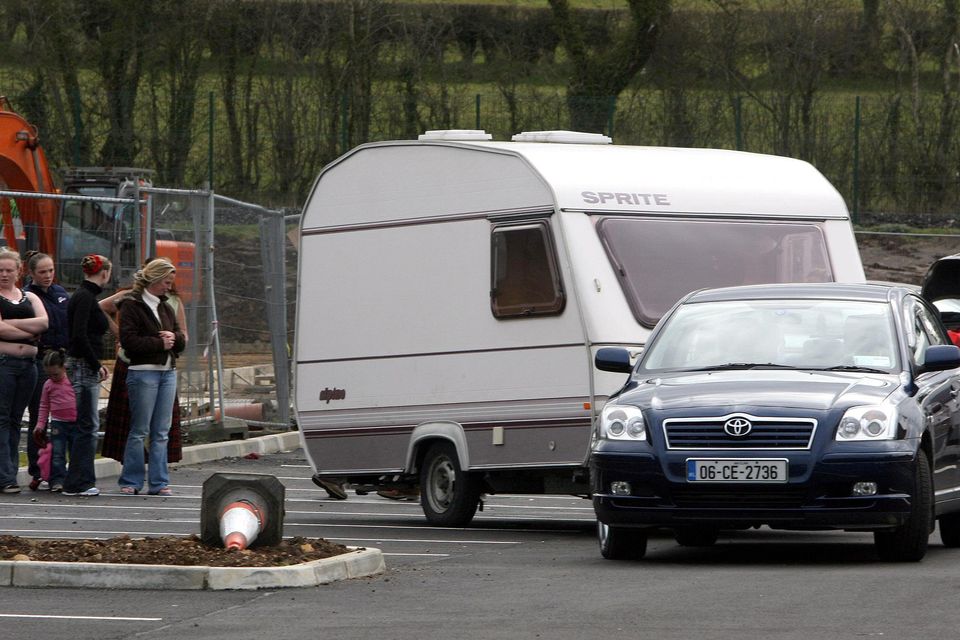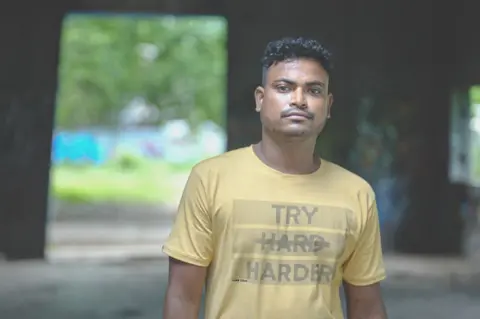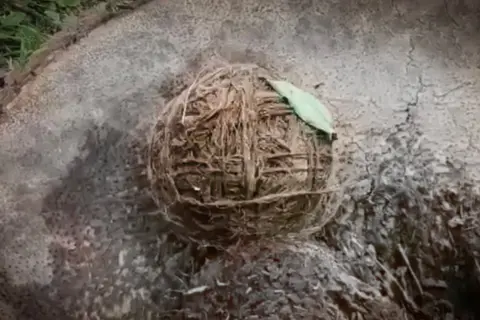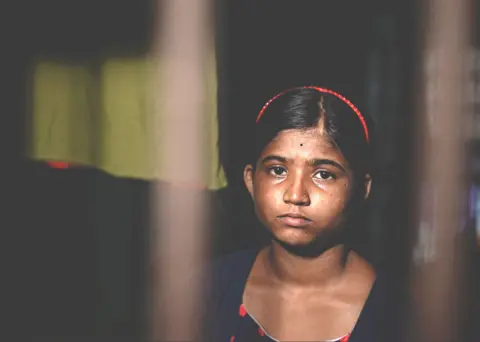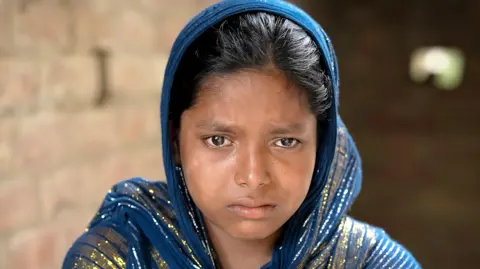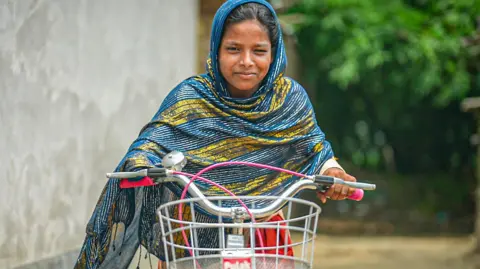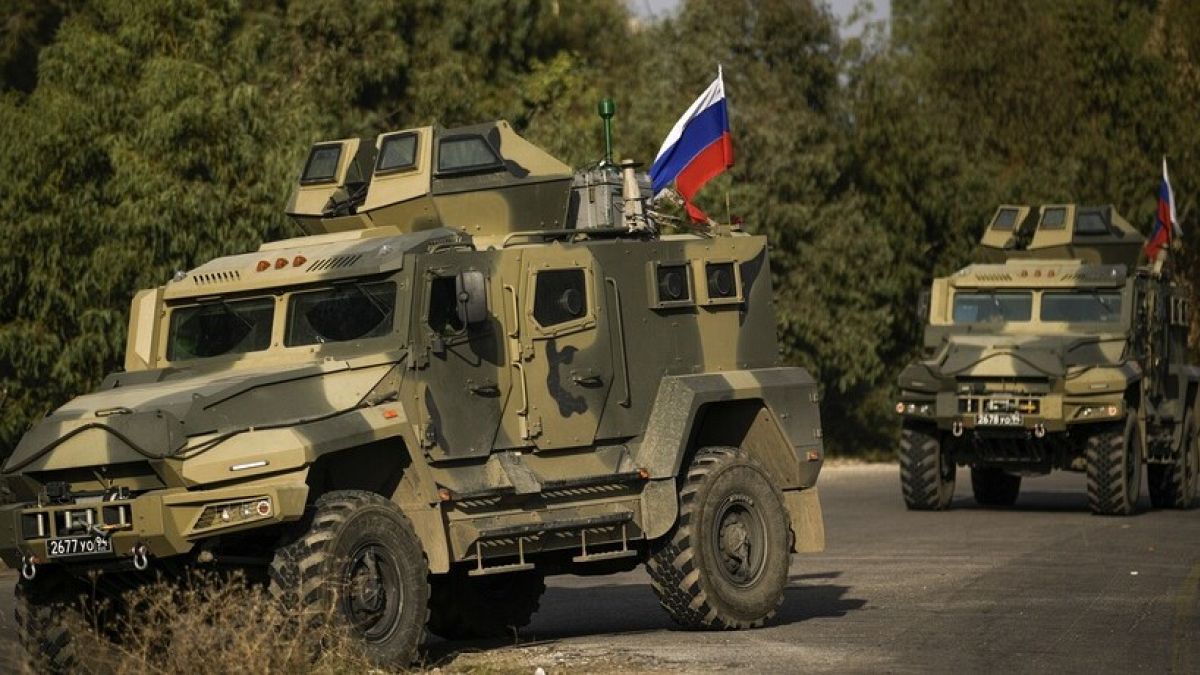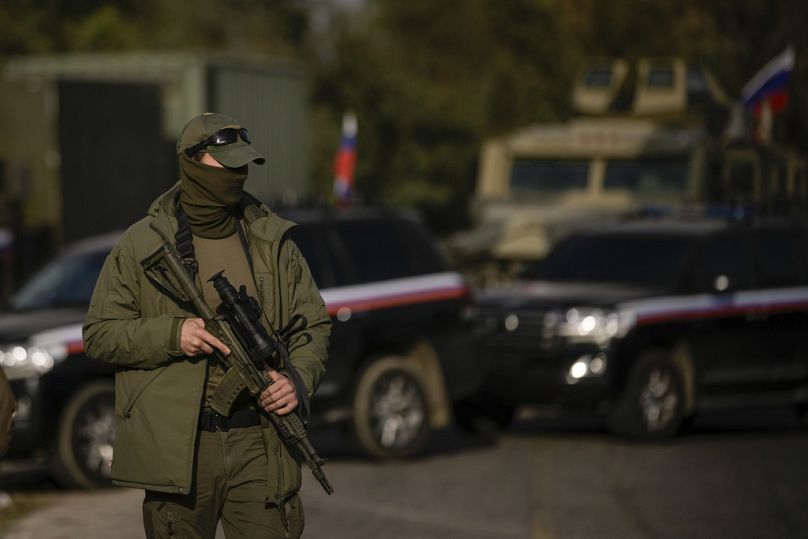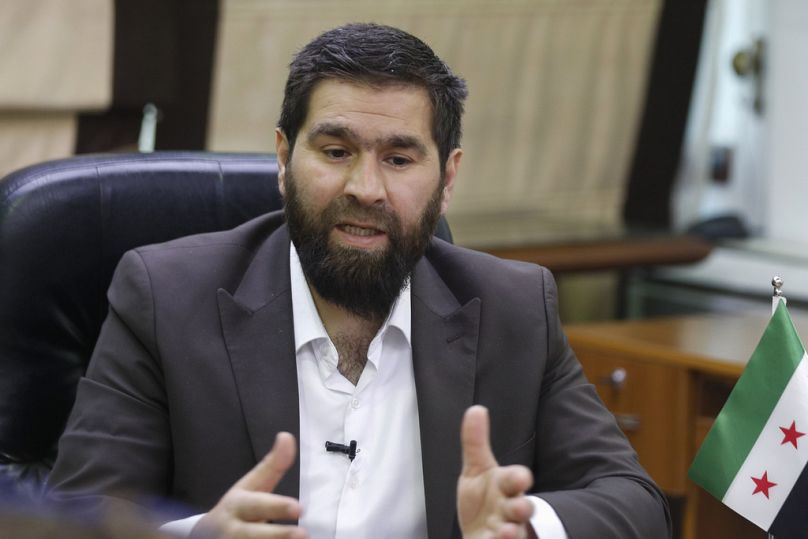One year into Javier Milei’s presidency, Argentina faces a reprehensible situation: his policies have plunged workers and vulnerable populations into deeper hardship.
Despite the prominence his anarcho-capitalist plan in mainstream media, with promises of a thriving economy and reduced inflation, the social costs of Milei’s economic shock therapy are undeniable.
The social fabric under strain
Milei’s administration has undermined the very foundations of Argentina’s social contract around labour and civil rights. By slashing public expenditures, criminalising dissent, and empowering corporate interests, his government has deepened inequality.
Cuts equivalent to 4% of GDP targeted pensions, public sector wages, social protection programs, and public works – the lifeblood of communities reliant on infrastructure and social services. The near-total elimination of infrastructure spending has not only halted essential maintenance but also destroyed hundreds of thousands of jobs in construction and related industries.
Pensions, once a critical safety net, lost 22% of their purchasing power in just one year. Public education and science, transportation, and energy subsidies – essential for millions of households – were drastically reduced. Meanwhile, these cuts were paired with tax breaks for the wealthiest Argentinians, further widening the gap between rich and poor.
Poverty and inequality
Since Javier Milei assumed office in December 2023, poverty has risen sharply. According to data from the National Institute of Statistics and Census (INDEC), 52.9% of the population was living below the poverty line in the first half of 2024, an increase of 11.2 percentage points from 41.7% in the second half of 2023.
Those impacted by extreme poverty, meaning they were unable to afford basic food, represented 18.1% of the population during the same period.
Income distribution in Argentina has become alarmingly unequal. The richest 10% now control 33% of the national income, while the poorest 10% barely survive on 1.8%. The Gini coefficient, a key measure of inequality, increased from 0.417 to 0.436 over the course of a year, highlighting the widening chasm between the privileged few and the marginalised majority.
This polarisation extends beyond economics, fracturing society along lines of opportunity, access, and hope.
For young workers, the outlook is bleak. Youth unemployment has risen, forcing many into informal jobs or platform work that lacks stability or protections. Families who once aspired to upward mobility now send spouses and teenagers into the workforce just to make ends meet.
Workers under siege
Unemployment has risen to 7.6%, while underemployment climbed to 20%, forcing many to juggle multiple precarious jobs just to survive. Real wages have plummeted, with the minimum wage now covering less than 30% of basic living expenses and 50% of basic food needs.
A small number of workers in export-oriented industries may see modest gains, but these benefits exclude the majority employed in sectors decimated by austerity.
Labour reforms introduced through the controversial “Basis Law” have eroded decades old, hard-won rights. These changes include extending probation periods, reducing severance protections, and encouraging the rise of “independent collaborators” – a euphemism for workers stripped of labour rights.
These measures are a clear attempt to weaken unions and undermine collective bargaining, leaving workers more vulnerable to exploitation.
The criminalisation of dissent
Milei’s administration has not only marginalised workers but actively suppressed their right to protest. New laws impose severe penalties for organisers of social protests, including potential prison sentences of up to six years.
Police have been authorised to disperse demonstrators and threaten them with the withdrawal of social assistance by the authorities if they resist. Meanwhile, internal security budget has increased significantly. These actions form part of a broader attack on labour unions, with leaders targeted by smear campaigns and institutional harassment.
This repression, amplified by a parallel army of social media trolls, is a stark reminder that Milei’s government prioritises the interests of capital over the rights of people. By stifling dissent, it seeks to silence the voices that speak for fairness, equity, and justice.
The toll of inflation and creative accounting
While the government claims progress in reducing inflation, the reality for workers tells a different story. Inflation remains a daily burden, particularly for essentials like food and utilities, which have experienced the sharpest price increases. The administration’s reliance on outdated inflation metrics obscures the true extent of this crisis, further eroding trust in public institutions.
Creative accounting extends to fiscal policy as well. Announced surpluses exclude billions in unpaid obligations, offering no real relief to the workers whose incomes continue to lose value.
What’s at stake?
Milei’s economic experiment represents a stark departure from Argentina’s traditions of social solidarity, commitment to workers’ rights and empowerment. His policies dismantle mechanisms that once supported broad-based growth, replacing them with a narrow focus on market-driven efficiency, while praising monopolies as “heroes”.
But who does this efficiency benefit? Workers struggling to feed their families? Pensioners whose life savings are worth a fraction of what they once were? Young people entering a labour market devoid of opportunity?
History shows that such experiments rarely succeed. Argentina has seen similar attempts at neoliberal restructuring, which have failed and left lasting scars: rising poverty, weakened institutions, and diminished social cohesion.
The Milei administration’s focus on short-term gains for the elite, while relying on international financial speculation, ignores the long-term damage being inflicted on the very fabric of the society.
The path forward?
As unionists, we must present an alternative vision rooted in equity, inclusion, and dignity. We must advocate for:
- Restoring labour rights: Protecting collective bargaining and ensuring every worker is treated with respect and fairness.
- Rebuilding public services: Investing in education, science, health, and infrastructure to create jobs and improve living standards.
- Addressing inequality: Implementing fair taxation and redistributive policies to close the gap between rich and poor.
Argentina’s three main labour unions are denouncing the government’s violation of ILO Conventions (C87 and C98) and constitutional norms before the ILO’s Committee on Freedom of Association.
The fight for workers’ rights is a fight for Argentina’s foundation. We cannot allow Milei’s presidency to leave a legacy of broken families, shattered dreams and lost opportunities.


